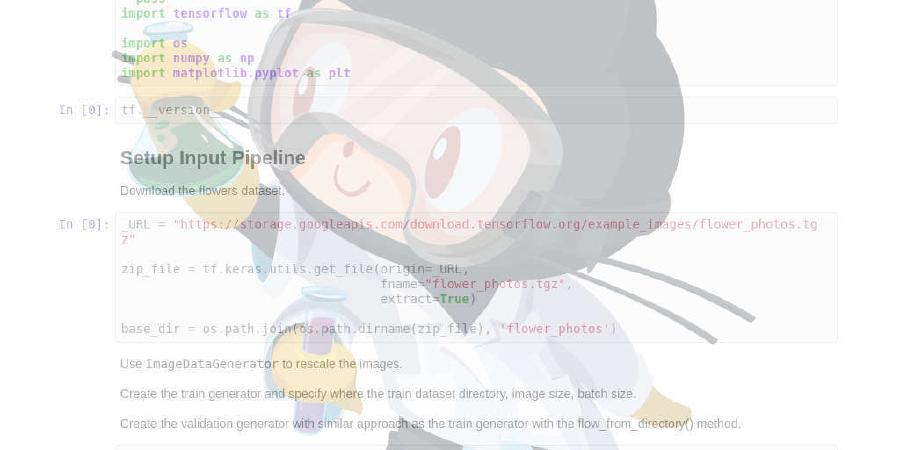pulumi/kubespy

Tools for observing Kubernetes resources in real time, powered by Pulumi.
| repo name | pulumi/kubespy |
| repo link | https://github.com/pulumi/kubespy |
| homepage | https://pulumi.io/ |
| language | Go |
| size (curr.) | 3246 kB |
| stars (curr.) | 2034 |
| created | 2018-09-17 |
| license | Apache License 2.0 |
kubespy: tools for observing Kubernetes resources in real time
What happens when you boot up a Pod? What happens to a Service before it is allocated a public
IP address? How often is a Deployment’s status changing?
kubespy is a small tool that makes it easy to observe how Kubernetes resources change in real
time, derived from the work we did to make Kubernetes deployments predictable in Pulumi’s CLI. Run kubespy at any point in time, and it will watch and report information about a
Kubernetes resource continuously until you kill it.
Examples
kubespy trace deployment nginx will “trace” the complex changes a complex Kubernetes resource
makes in the cluster (in this case, a Deployment called nginx), and aggregate them into a
high-level summary, which is updated in real time.

kubespy status v1 Pod nginx will wait for a Pod called nginx to be created, and then continuously emit changes made to its .status field, as syntax-highlighted JSON diffs:

Installation
You can install kubespy in the following ways:
Homebrew (Mac)
Prerequisite: homebrew
brew install kubespy
Binary
Get the latest release,
rename it to kubespy, run chmod +x kubespy to make it executable and move it in your path (can be /usr/local/bin).
Kubectl Plugin
Prerequisite: kubectl v1.12.0 or later
With kubectl v1.12.0 introducing easy pluggability of external functions, kubespy can be invoked as kubectl spy just by renaming it to kubectl-spy and having it available in your path.
via Golang
Prerequisite: Go version 1.11 or later
kubespy can be installed via golang by running the following:
git clone git@github.com:pulumi/kubespy.git
cd kubespy
# If $GOPATH is not set, you can run `go build` instead, and then put in a
# binary directory on your path
GO111MODULE=on go install
Usage
kubespy has three commands:
status <apiVersion> <kind> [<namespace>/]<name>, which in real time emits all changes made to the.statusfield of an arbitrary Kubernetes resource, as a JSON diff.changes <apiVersion> <kind> [<namespace>/]<name>, which in real time emits all changes to any field in a Kubernetes resource, as a JSON diff.trace <kind> [<namespace>/]<name>, which “traces” the changes a complex Kubernetes resource makes throughout a cluster, and aggregates them into a high-level summary, which is updated in real time.
Several more commands are planned as well.
Examples
For a concrete example you can run using either Pulumi CLI or kubectl, check out examples/trivial-pulumi-example.
Features
- Supports any resources the API server knows about, including CRDs (i.e., uses the discovery client to discover the available API resources, and allows users to query any of them).
- Displays changes to API objects in real time.
- Supports case-insensitive aliases (e.g.
kubespy status v1 pod <name>instead ofkubespy status v1 Pod <name>). - Supports status updates from regex and/or fuzzy matching (i.e., make it easy to watch the
status of
Pods generated byDeployments andReplicaSets).







